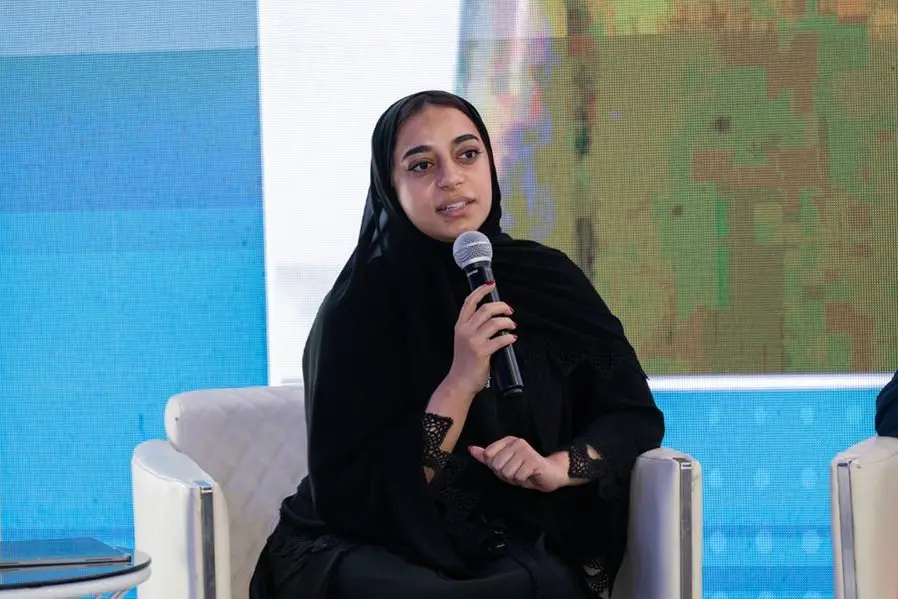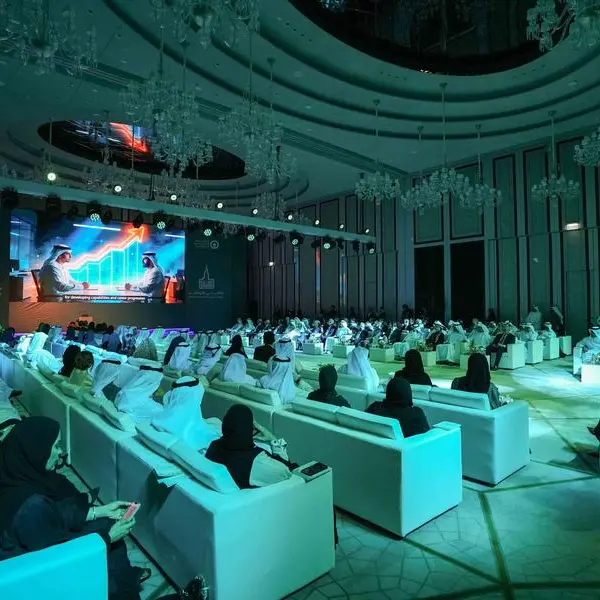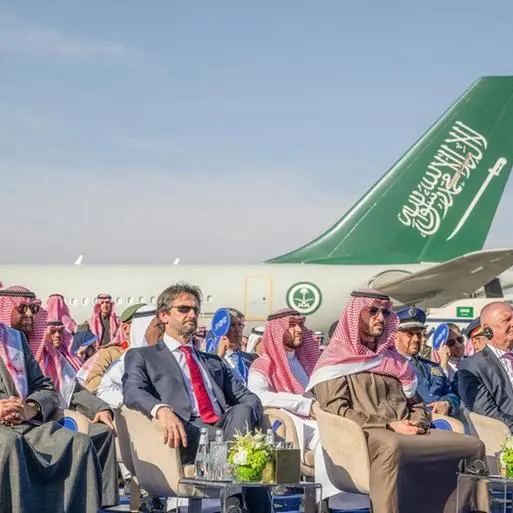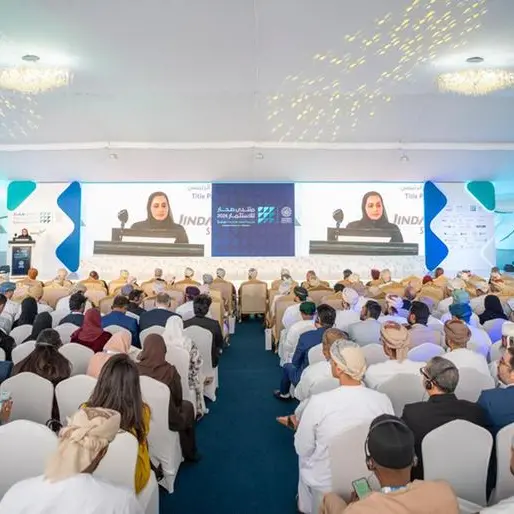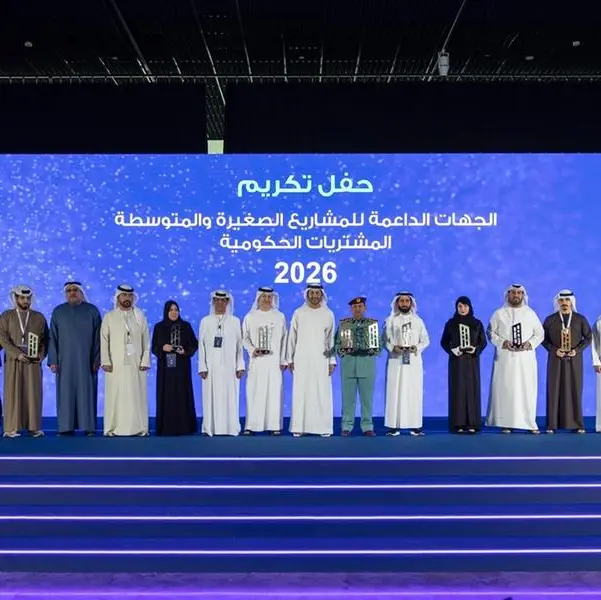PHOTO
Sharjah: As part of the 13th International Government Communication Forum (IGCF 2024), ‘Trends Research and Advisory’ organised two seminars that brought together academics, communication experts, and international research consultants who emphasised that communication is essential, not a luxury, and that governments should leverage future research in this field.
Beyond the virtual world
Examining the concept of government communication and its impact on the future of governance, the first seminar, titled “Government Communication: Beyond the Virtual World and the New Wave of Personal Interaction,” included speakers Dr. Moez Mougoumed, former Chief of Staff to the Tunisian Prime Minister and Vice President of Government Affairs and Political Information for Francophone countries, Dr. Galal Abdullah Hatem, Director of Umm Al Quwain University; and Mona Bou Samra, Director of Dubai Media Academy. The session was moderated by Abrar Al Ali, a researcher and opinion polling specialist at ‘Trends Research and Advisory’.
Dr. Moez Moqaddem discussed the evolution of communication concepts, their close connection to the population, and how citizens have shifted from service seekers to government allies. He emphasised the need for governments to market their achievements, stay updated on communication advancements, and build the necessary digital infrastructure to enhance public administration and government communication.
Dr. Galal Hatem noted the importance of government communication in conveying successes to the public by reinforcing values of transparency, cooperation, and quick response. He cited the UAE, particularly Sharjah, as a model of effective government communication, stressing that modern communication is reciprocal and participatory, rather than one-sided. He stressed the power of strategic information dissemination, awareness campaigns, and showcasing achievements in driving influence and development.
Mona Bou Samra provided several examples of how government communication serves as a measure of success for governments, highlighting its effectiveness in delivering public services. She pointed to the COVID-19 pandemic as a prime example, where communication was crucial to dispelling rumours and spreading reassuring messages. She also highlighted the importance of the forum’s theme in creating effective communication in a rapidly changing world.
Research and the future of communication
The second seminar, titled “Scientific Research: From Studying the Reality of Government Communication to Building its Future,” featured contributions from Dr. Osama Elgohary, Assistant to the Egyptian Prime Minister and Head of the Information and Decision Support Centre; Dr João Bosco Monte, President of the Brazil-Africa Institute; Sharif Bendary, Senior Vice President of Public Policy at Moharram & Partners; Dr Noura Alkarbi, Chair of the Research Outreach Department at the University of Sharjah; Dr Soumaya Abdellatif, Head of the Sociology Department at Ajman University; and Sultan Majed Al Ali, Director of the Global Barometer Department and Deputy Head of Dubai Office Sector at Trends. The session was moderated by Ali Abdullah Al Ali, researcher and Director of Trends Dubai.
The session explored how scientific research centres can enhance the effectiveness of government communication giving Osama El-Gohary a platform to discuss the role of think tanks in clarifying public opinion and reflecting on decisions. He outlined the new tasks research centres should undertake in explaining public opinion, gauging street-level sentiment, and assessing the impact of decisions. He shared the Egyptian Information and Decision Support Centre’s experience in providing interactive solutions.
Professor João Bosco Monte stressed the need for cooperation between research centres and governments to develop sound communication and informed decisions based on supportive data and statistics, while Sharif Bendary added that transparency is one of the most important tools in communication, as it is what citizens demand. He explained that providing information and updating evaluations is part of this process, a role that research centres can play.
Dr Noura Alkarbi noted the importance of expanding societal knowledge and encouraging academic involvement in shaping policies to improve government services. She also called for more applied research on communication, while Dr Soumaya Abdellatif underscored the need to formulate public policies related to communication by bridging the gap between research centres and governmental bodies. Sultan Majed emphasised the significance of opinion polls in informing government decision-making, especially in the face of the growing spread of misinformation, which calls for clear and accurate communication supported by scientific studies.
